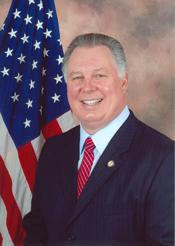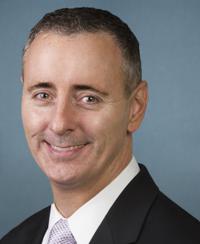0
Collaborative Academic Research Efforts for Tourette Syndrome Act of 2021
12/30/2022, 8:01 PM
Summary of Bill HR 3679
The bill seeks to establish a collaborative research network that will bring together researchers, healthcare providers, and individuals with Tourette Syndrome to advance understanding of the disorder and develop more effective treatments. This network will be coordinated by the National Institutes of Health (NIH) and will prioritize research that addresses the needs of individuals with Tourette Syndrome and their families.
Additionally, the bill calls for the creation of a Tourette Syndrome Registry to collect data on individuals with the disorder, which will help researchers better understand the prevalence, course, and impact of Tourette Syndrome. This registry will also facilitate the recruitment of participants for clinical trials and other research studies. Overall, the Collaborative Academic Research Efforts for Tourette Syndrome Act of 2021 aims to improve the lives of individuals with Tourette Syndrome by supporting research that will lead to better treatments and ultimately a cure for this complex neurological disorder.
Congressional Summary of HR 3679
Collaborative Academic Research Efforts for Tourette Syndrome Act of 2021
This bill requires the National Institutes of Health (NIH) to carry out data collection and expand other research activities on Tourette syndrome. This is a neurological disorder characterized by sudden, repetitive, rapid, and unwanted movements or vocal sounds.
Specifically, the NIH must develop a system to collect epidemiological data and information on the availability of medical and social services for individuals with Tourette syndrome and their families.
In addition, the NIH must award various grants for research on Tourette syndrome, including to support Collaborative Research Centers for Tourette Syndrome.
The NIH must also designate a portion of its funding for Tourette syndrome programs and activities.

